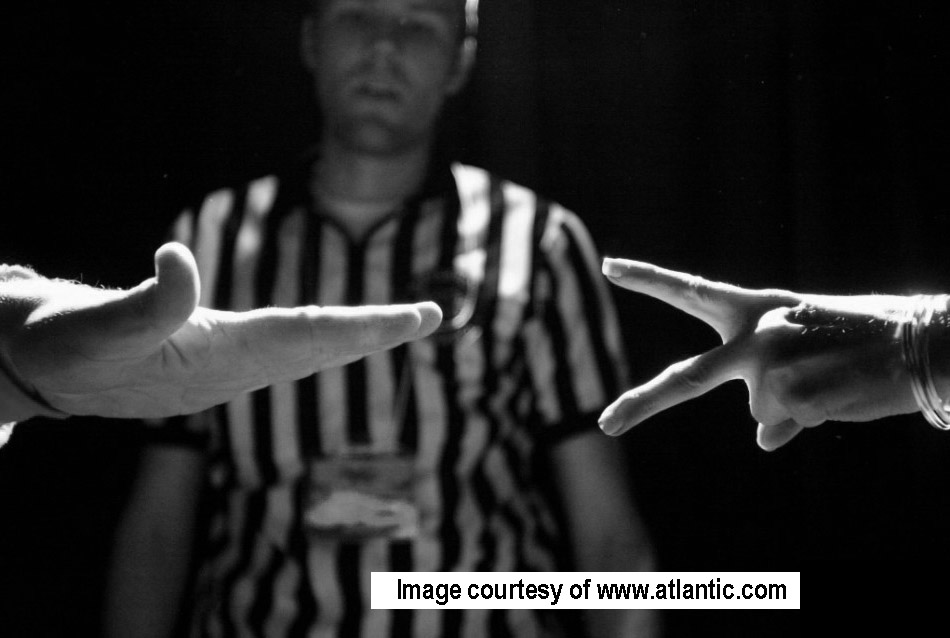I made sense of my addiction to alcohol and drug use (not specific drugs) through the so called ‘Disease Model‘ which explains the problem as an illness, most directly comparable to other relapse prone conditions such as diabetes, asthma and hyper-tension. Although the Disease Model is widely used throughout the addiction treatment and recovery fields it is by no means universally accepted. Theories and opinions abound from the idea of alcoholism as a moral failing through genetics to environmental and psychological causes, some of which are put forward by writers and academics whose work I greatly admire.
Most of these opposing ideas share one common thread, the supposition that one theory, or the other, must be the right one. There can be only one!
If you are new to this site, which tries to focus on Recovery, you may have missed a previous post or two, Defining Recovery and Many Paths, One Destination, which sought to illustrate that Recovery is a subjective experience, an individual experience based journey.
Adopting the spirit of this idea, the subjective experience, would certainly suggest that there are as many different routes into addiction, dependency or, as the current serious speak would have it, into substance use disorder.
On an almost daily basis across mainstream media, recovery web sites and blogs, in academic and popular psychology publications headlines noisily proclaim ‘Addiction Caused By…’ – often accompanied by referenced research, published works or links to media interviews. Recently Dr Gabor Mate’s extensive work is explained in the headline ‘Addiction caused by childhood trauma‘ – which I’m sure is the case for some, but surely not all, instances.
Quite early in my own recovery process I read Prof Bruce Alexander’s excellent The Globalisation Of Addiction – Poverty Of The Spirit. Prof Alexander, the man behind the Rat Park experiments in the early 1970’s that questioned a lot of existing addiction treatment assumptions, provides a compelling ‘theory of dislocation,’ which to my understanding, suggests that the dislocation can occur both obviously – trauma, socio-economic and psycho-social – as well as on a perceptual level. The elegance of this model, for me, is that it seems not only to speak to most of the current ideas of addiction, but that it also suggests solutions.
The solution to dislocation would seem to be connection, and whatever the different viewpoints of causes of problematic drug use may be, it is always hard to argue that such use does indeed dis-connect the user. Some may say that the drinking, or drugging culture provides some kind of connection, a system in which to function and it probably does. But, that is surely by definition a replacement system, an alternative to a natural belonging rather than the desire to actually belong.
However functional my addictive systems became, almost invariably I ended up drinking and using on my own, connected only to the substances, and vicariously to a TV monitor sized portal to the ‘normal’ world. The end phase of my drinking and using was accompanied by a lot of 24 hour ‘rolling news’ interspersed with classic movies interrupted only by ad breaks. In any given session I could roll from self righteous indignation at the inefficiency of politicians and international agencies, through conspiracy fuelled hatred of big corporations to dark soul self-pity that my life continually failed to look like the soap powder ads. Dis-connected from un-reality, unreal!
In effect everything external was the problem and everything internal was collapsing as a result. No trauma, no disadvantage – just an inability to see the reality of my own situation.
Whatever leads an individual to a moment of clarity, it seems likely, or at least fair to generalise, that it will be the realisation that living this way, disconnected, is no longer an option. Sadly, this can be a dangerous time for a lot of us, particularly if the moment of clarity comes in an otherwise mood and mind altered state. Equally sadly, depending on the resources available, changing circumstances can be more than a challenge. It is easier for some than for others as unfair as this is, it is true.
This is where the insistence, the dualistic thinking, the all or nothing, the right and wrong of the theorists needs challenging. Somehow, a climate of inclusion and respect for the different models of addiction and paths to Recovery needs to be reached. An environment created where, if one method fails another is open, where there are options and encouragement rather than dogma, scientific or philosophical, an open conversation.
This conversation needs spaces to take place. A good start would be with the tub-thumpers of one theory or another leading by an example, if there is open mindedness there it can breathe and travel. That, however, is relying on institutional change, always a slow and painful process. The real change, seems to me, to be happening in the burgeoning Recovery communities that are developing all over the world both online, and in real spaces with real people.
The Online Recovery Academy will be running regular blogs, with links to online and real world communities and activities that are putting Recovery first.

